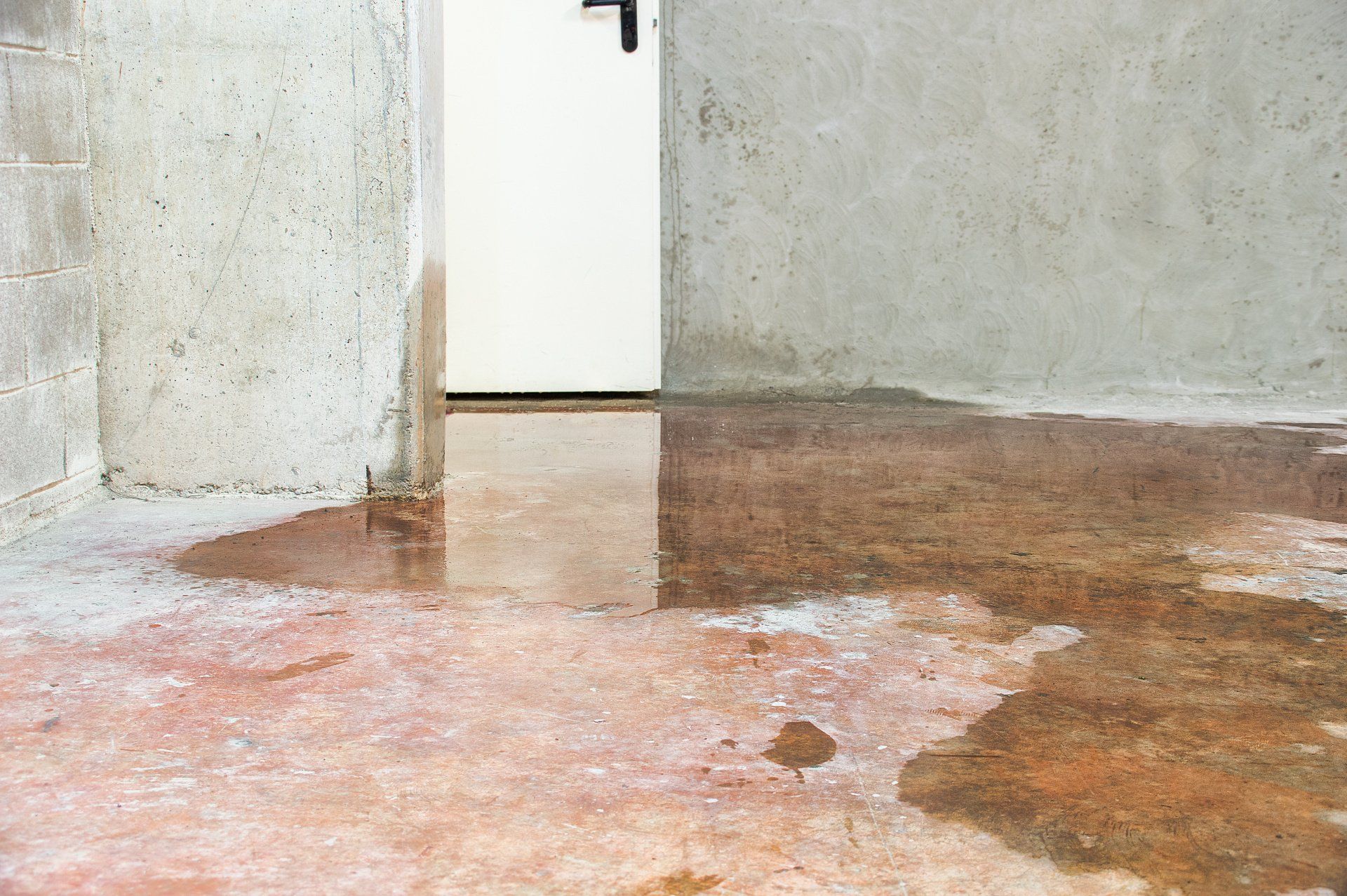How to Waterproof Your Basement Walls: Dos and Don'ts
If you've ever come downstairs to find a wet spot on your basement floor, you know that water leakage can be a huge problem. Not only is the water itself a nuisance, but it can also damage your foundation and create mold problems. If you suspect that your basement foundation or basement walls has water intrusion issues, it's important to take action immediately. In this
basement waterproofing article, we will discuss simple dos and don'ts of waterproofing your basement walls.
Waterproofing your basement walls "DOs"
Homeowners in the Northeast know all too well the importance of a dry basement. Waterproofing your basement walls is a crucial step in protecting your home from water damage. He
re are three dos to keep in mind when waterproofing your basement walls:
Do use a sealant: A good sealant will create an impermeable barrier that will keep water from seeping through concrete cracks and joints in your basement walls. Be sure to choose a sealant specifically designed for concrete use, and follow the manufacturer's instructions carefully.
Do direct downspouts away from your home: Make sure that your gutters and downspouts are in good condition and directing water away from your foundation. Repair any leaks or damage promptly to prevent water from seeping into your basement.
Do redirect surface water: If you have any areas of your yard where water tends to pool, redirect the flow of water away from your home with grading, French drains, or other methods. By implementing these basic waterproofing steps, you can help keep your basement dry and free of water damage.
Waterproofing your basement walls "DON'Ts"
When it comes to basement waterproofing, including your concrete floor and basement walls, there are a few things homeowners should avoid doing if you want to keep your home dry.
Don't wait until you have a problem: By the time you see water seeping in, the damage to your basement and home has already been done and it will be more difficult and expensive to repair. Be proactive and waterproof your basement before water has a chance to leak in.
Don't use paint as a sealant: Paint is not an effective waterproofing material, and it will eventually peel and flake off your walls. If you're looking for a sealant, be sure to choose one that is specifically designed for concrete use.
Don't forget about the windows: Windows are one of the most common places for water to leak into a basement. Be sure to install window wells and seal them with proper drainage to keep water from coming in.
Consult a local basement waterproofing contractor
Our top recommendation when it comes to basement walls and basement waterproofing is to consult with a local basement waterproofing contractor. Waterproofing professionals will be able to assess your basement and develop a customized plan to keep it dry. In addition, they can install any necessary drainage systems and sump pumps. Basement waterproofing contractors have the experience and expertise to keep your basement dry all year round. So if you want to protect your home from water damage, be sure to consult a local basement waterproofing contractor. Keep in mind, most basement waterproofing professionals offer free consultations and free estimates.
Top Basement Waterproofing Companies in Massachusetts & Connecticut
Looking for a professional basement waterproofing company in Massachusetts or Connecticut? Advanced Basement Waterproofing is a full-service basement waterproofing company that has been servicing homeowners in Massachusetts and Connecticut for decades. We offer
free basement waterproofing consultations, so don't hesitate to call us today!



